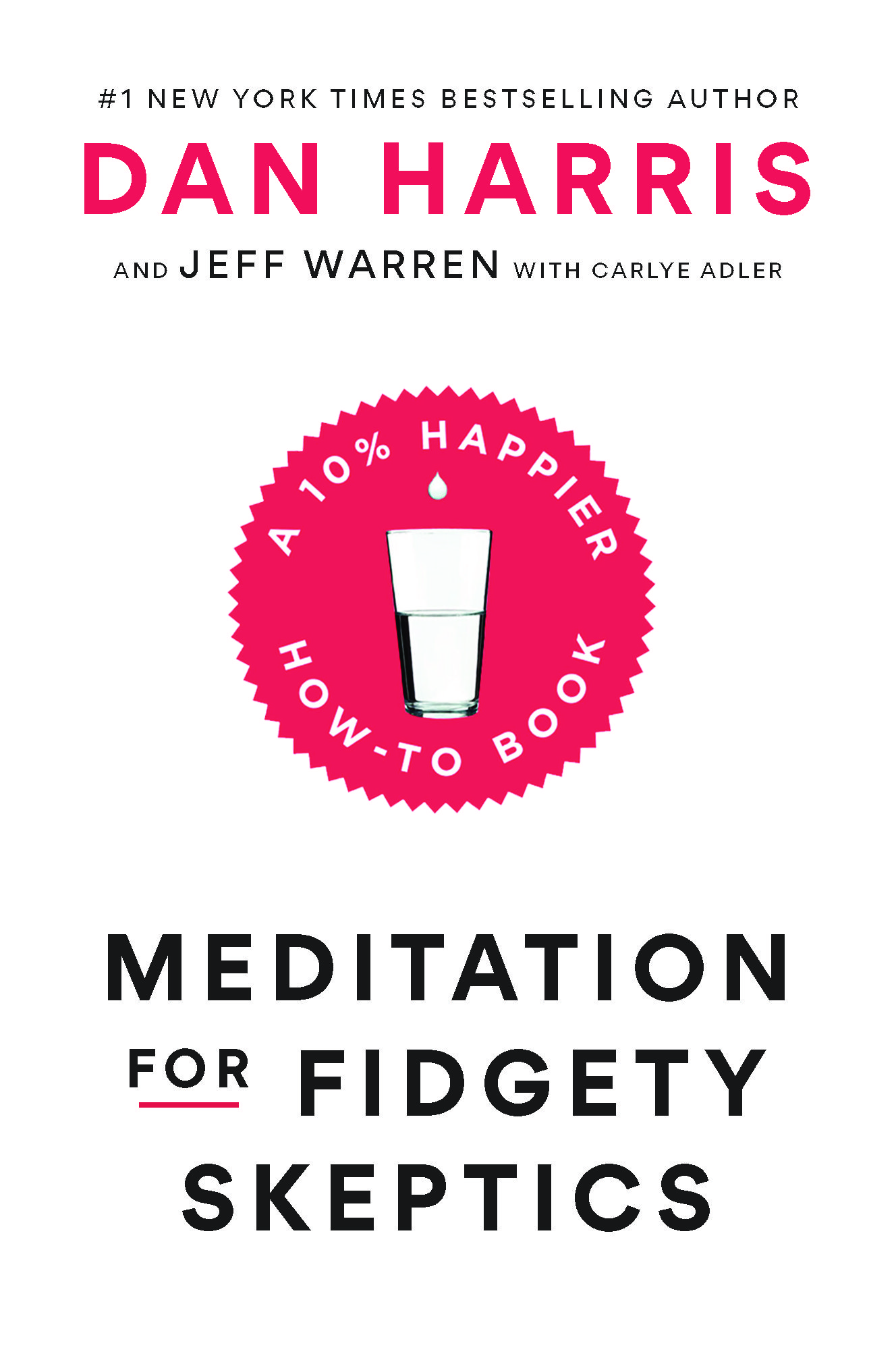Meditation is by no means a cure-all for our era of mean tweets and mindless tribalism. I’ve been meditating for years, and yet during one of the Trump-Clinton presidential debates I stress ate an entire family size bag of popcorn. I didn’t realize what I’d done until I looked down to see my feet surrounded by stray kernels and my hands coated in white chemical residue. Nonetheless, I really do believe meditation can help you survive this season of discontent and division.
First, what is meditation and how do you do it?
There are thousands of kinds of meditation, but I favor a simple, secular, scientifically-validated form called “mindfulness meditation.”
The beginning instructions include just three steps:
1. Sit comfortably. You don’t have to be cross-legged – a chair will do.
2. Close your eyes and bring your full attention to the feeling of your breath. Pick a spot where it’s most prominent: nose, belly, or chest.
3. Every time you get distracted – which you will, a million times (What’s for lunch? How does Jared Kushner keep his hair so perfect? Gun to my head, could I use the word “emoluments” in a sentence?) – just begin again. And again. And again.
Many people wrongly assume that the moment they get distracted is proof that they have failed at meditation. The opposite is true. When you wake up to the fact that you are carrying on a nonstop conversation with yourself – one that is mostly negative and self-referential – it is the first step toward not being completely governed by your thoughts, urges, and emotions.
This kind of self-awareness is directly relevant to surviving this time of noxious partisanship – in several ways. It can help you manage your consumption of news. Many of us are addicted to our hourly dosage of outrage on social media. But mindfulness – the ability to see what’s happening in your mind and body clearly and nonjudgmentally – enables you to notice when your stomach is roiling, your jaw is clenched, and you need a break.
More generally, meditation can also help you to not be so yanked around by any politically provoked anger or anxiety. When you recognize your emotions clearly, it can put the brakes on stress eating, compulsive cleaning, or venting your spleen at your opinionated uncle.
Let me give you an example of how this can work. After I scarfed all that popcorn during the presidential debate, I was able to muster more mindfulness during the next Trump-Clinton face-off. While watching the candidates whale on one another, I could feel my zombie arm moving, seemingly of its own volition, toward the shiny bag of salty treats. But this time I was able to pull back — to avoid the feeding frenzy and the ensuing shame spiral.
It’s not just about helping yourself; meditation allows you to contribute to the overall societal sanity quotient in ways that I believe can be genuinely impactful. When you’re blinded by outrage, you’re unable to understand the views of people with whom you disagree. A consistent meditation practice can give you the wherewithal to know your biases. Does your blood pressure soar if the Mueller probe inches closer to the White House? Or do you own a mug emblazoned with the words “liberal tears”? When you’re more aware of your own tribal instincts, you may be more inclined to venture out of your own ideological bubble and thoughtfully examine opposing views. Next thing you know, you’re refraining from nasty tweets and even having civil conversations with your uncle. Furthermore, cutting down on wasted emotional churn frees up energy to do things that really make a difference, like volunteering for local charitable causes. Multiply this by enough people and it could inject significant amounts of light into America’s yawning chasm of toxicity.
If you’ve read this far, you may be thinking, Ok Harris, I buy your argument that meditation can be useful, but I don’t have time for this. I recently did a road trip across America, with the goal of meeting wannabe meditators and helping them get over the hump. Time was clearly the biggest obstacle. For busy people, I have good news – and even better news. The good news is that 5-10 minutes a day is a great way to start. The better news is that if 5-10 minutes is too much, one minute counts.

I’m not guaranteeing you bulletproof imperturbability, but short daily doses of meditation can make you marginally but meaningfully less likely to do things you will later regret. And there’s something else: sitting and watching your insane inner torrent puts you in touch with a fundamental truth: everything changes. This can sometimes be a bitter pill; nothing lasts – not the dopamine hit from a fistful of popcorn, not even your life. But at a time of national tumult, a felt sense of impermanence can also be deeply comforting. This too shall pass.
More Must-Reads from TIME
- Donald Trump Is TIME's 2024 Person of the Year
- Why We Chose Trump as Person of the Year
- Is Intermittent Fasting Good or Bad for You?
- The 100 Must-Read Books of 2024
- The 20 Best Christmas TV Episodes
- Column: If Optimism Feels Ridiculous Now, Try Hope
- The Future of Climate Action Is Trade Policy
- Merle Bombardieri Is Helping People Make the Baby Decision
Contact us at letters@time.com